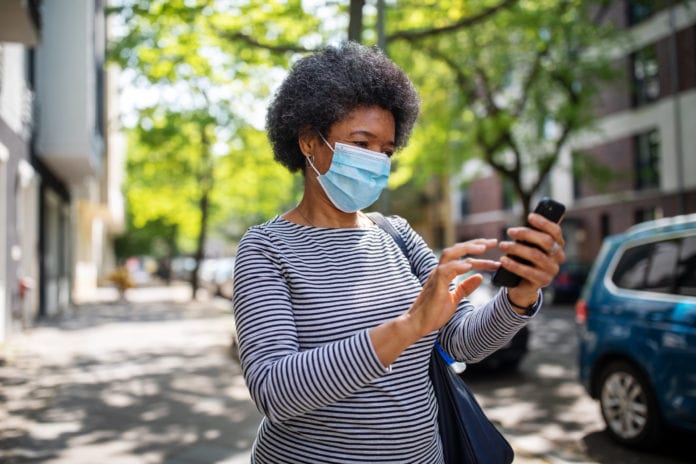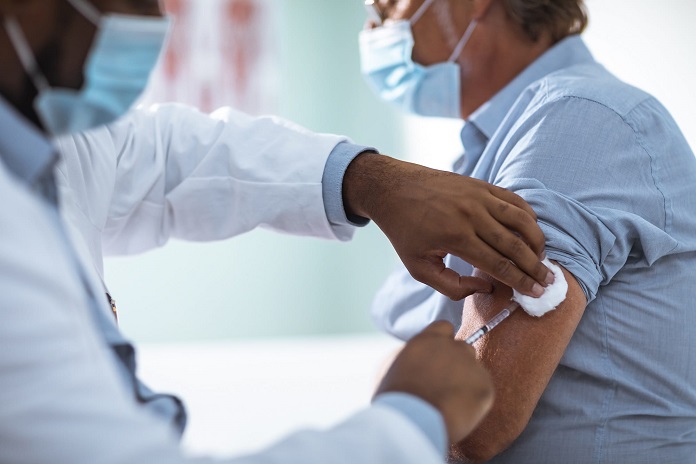When you come down with a respiratory illness like the flu or COVID-19, your lungs don’t work as well, and your heart must work harder to get oxygenated blood throughout your body.
“Some of the effects we know, and some we don’t, especially since COVID-19 is still relatively new compared to the flu,” says Dr. Gupta. “However, we do know these illnesses cause inflammation. And inflammation can be harmful to your heart.”
Some of the impacts of COVID-19 and the flu on the heart include:
- Inflammation of the heart (myocarditis)
- Inflammation of the blood vessels of the heart
- Irregular heartbeat (arrhythmia)
- Blood clots
Researchers have also found a connection between the flu and heart attacks. A 2018 study from the New England Journal of Medicine reported that patients had an increased risk of a heart attack for up to seven days after their flu symptoms subsided. Another recent study showed that people are at much higher risk of myocarditis after being infected with COVID-19 than they are after they get the COVID-19 vaccine.
COVID-19 can also lead to multisystemic inflammatory syndrome. This condition causes inflammation throughout the body, and, in severe cases, it can cause multiple organs to shut down.
“These complications can be very mild, and you might not even realize you are sick. Or they can be severe, to the point of requiring a bypass machine to keep you alive,” says Dr. Gupta. “It all depends on how the virus impacts your heart and can vary based on your medical history.”
Dr. Gupta notes that some previously stable heart failure patients who contracted COVID-19 later needed heart transplants and other interventions months down the road because of the impact the virus had on the heart.
“There’s no single path for the disease, which can be a bit terrifying,” says Dr. Gupta. “Patients should do their best not to get COVID-19 or the flu. They should get vaccinated at their earliest opportunity. Fortunately, Emory Healthcare can care for patients with the full spectrum of these diseases, from mild to severe. We have the largest transplant center in Georgia and one of the largest LVAD programs in the country to support our patients’ heart health.” In addition, Emory Healthcare achieved a 93% overall survival rate for patients treated during the COVID-19 pandemic—among the highest seen in globally published data.




